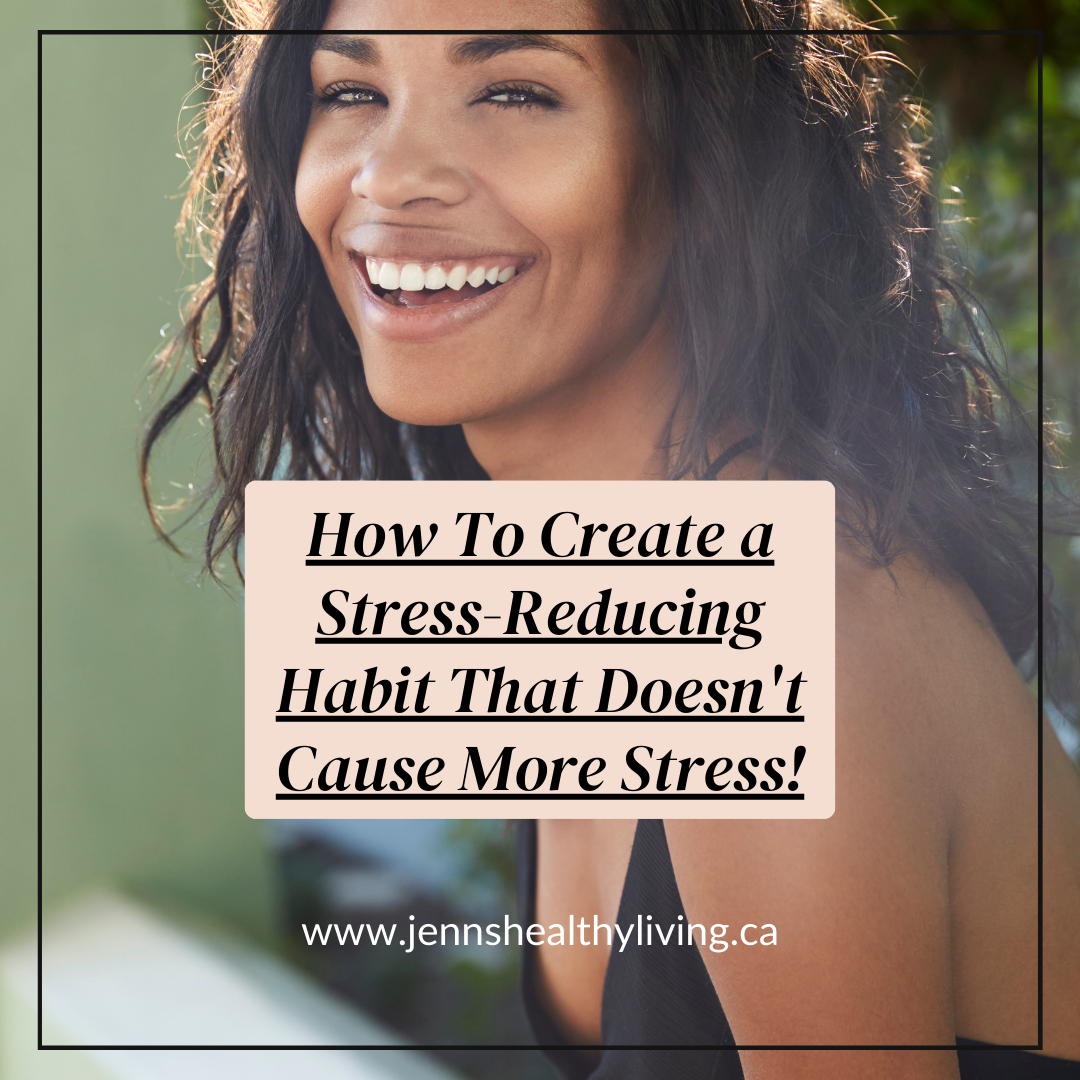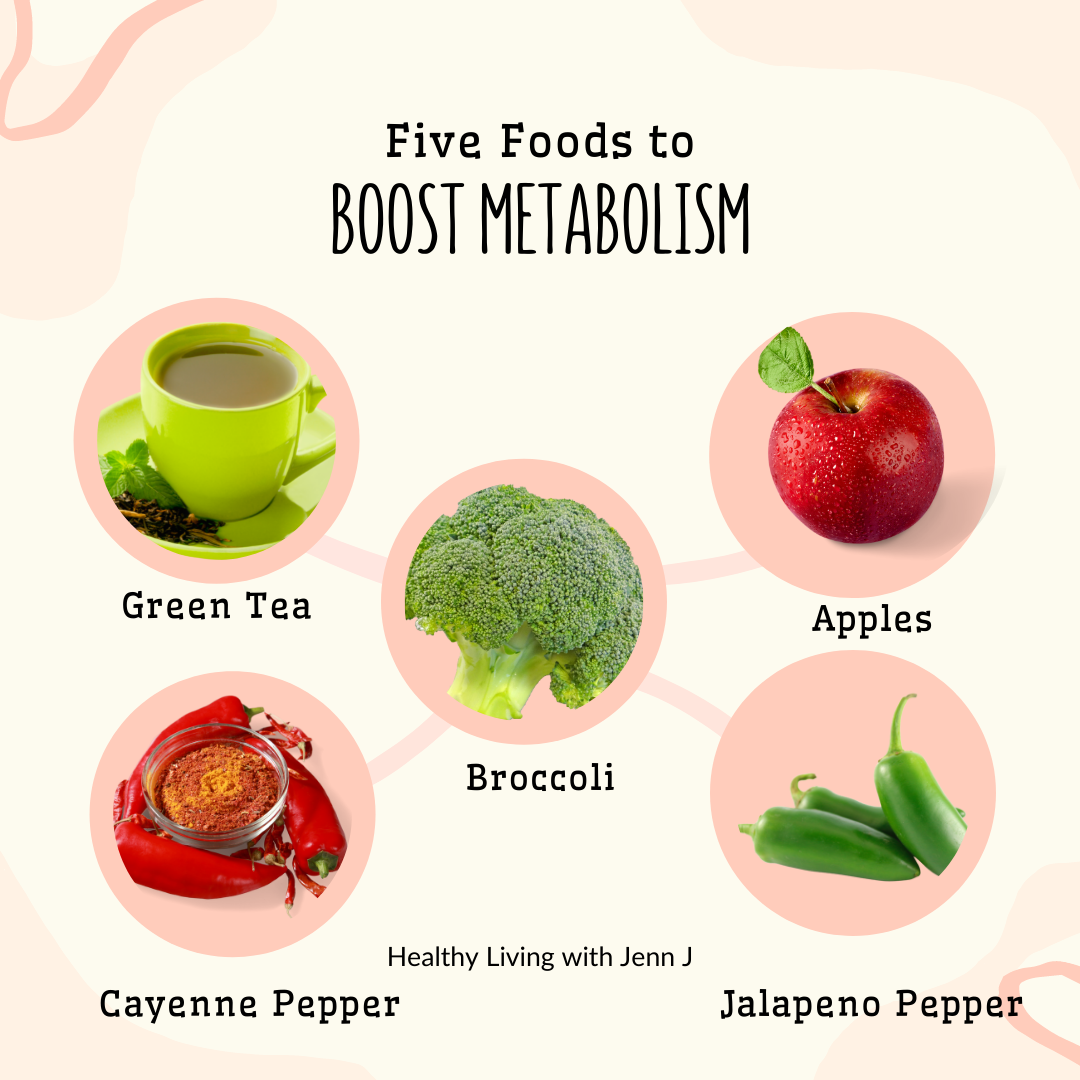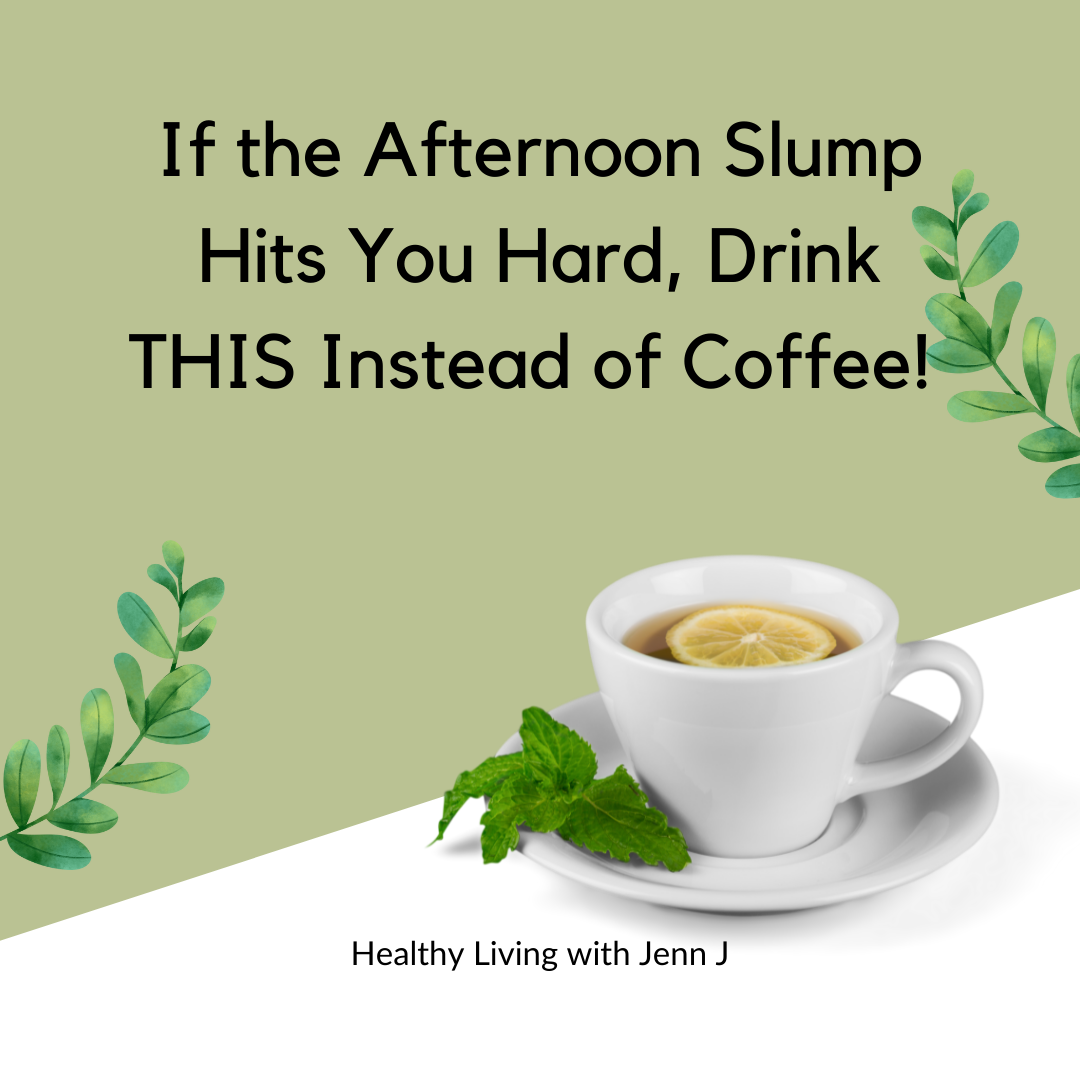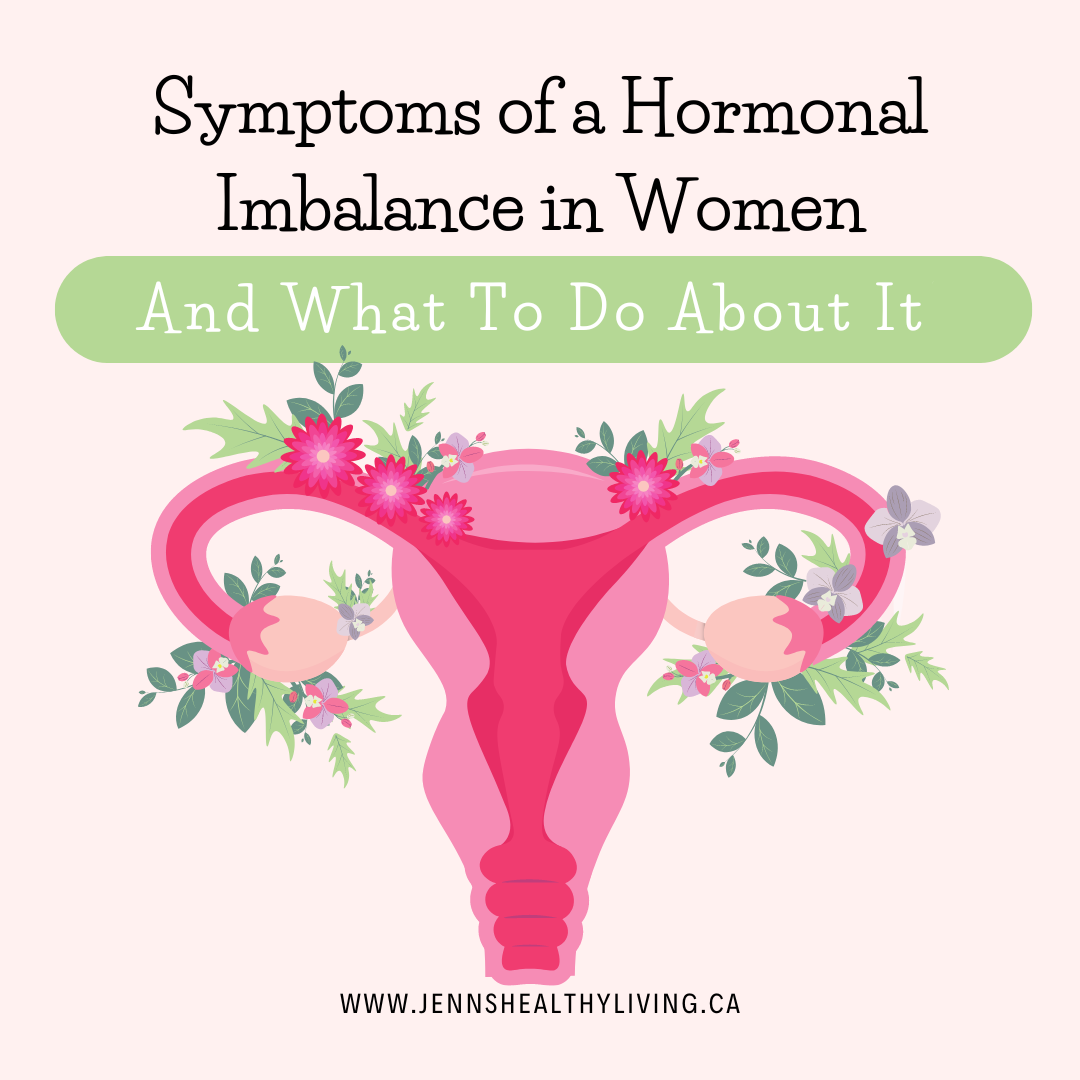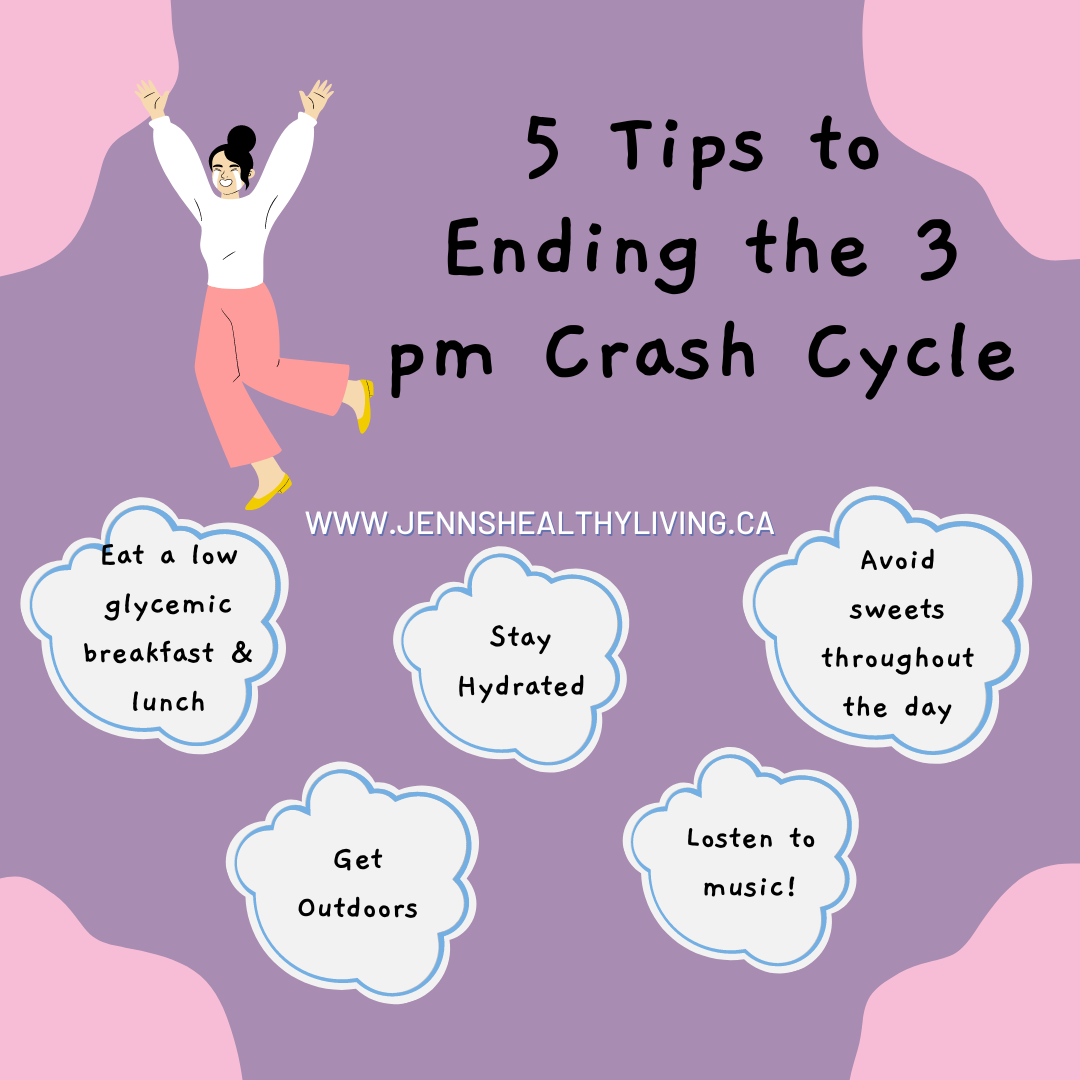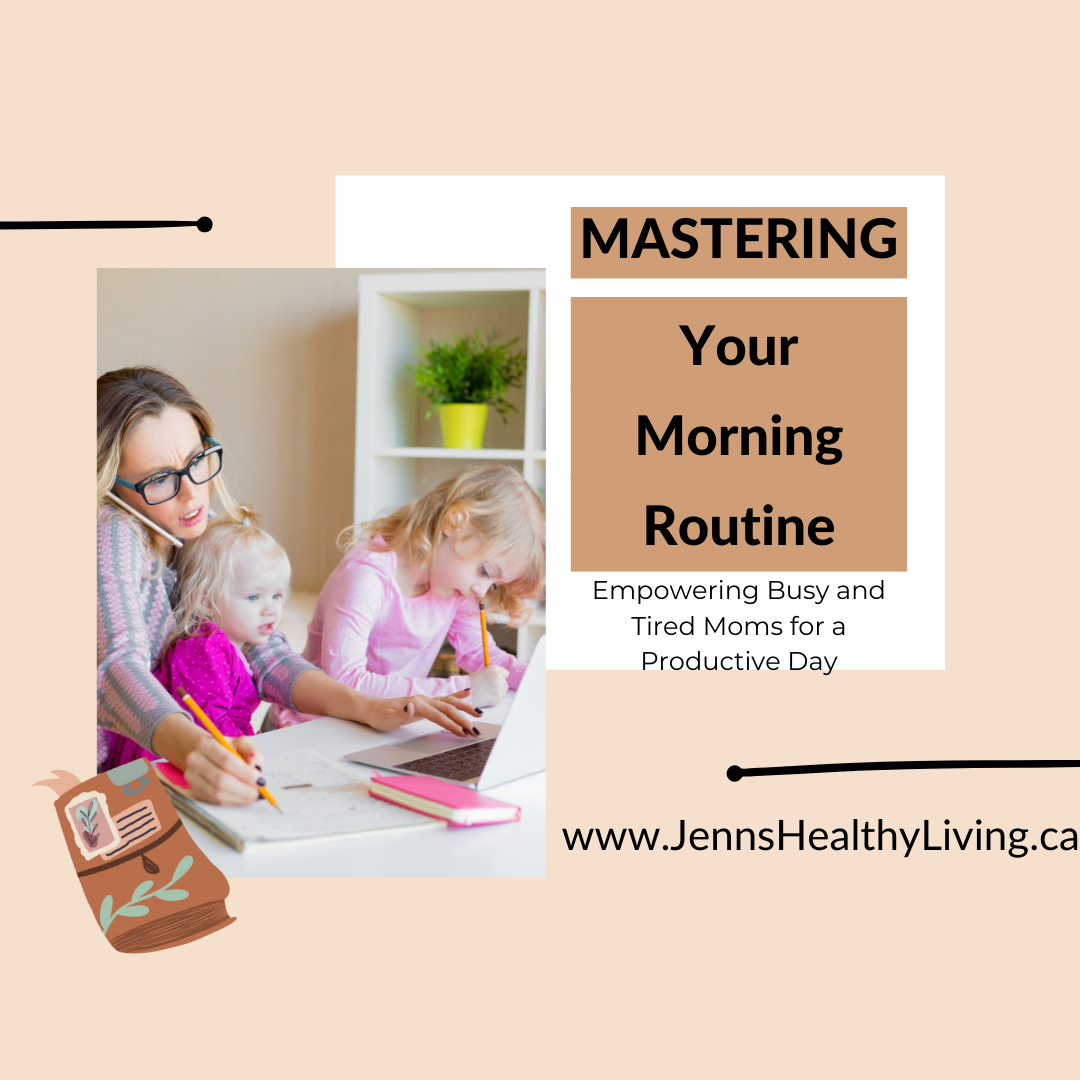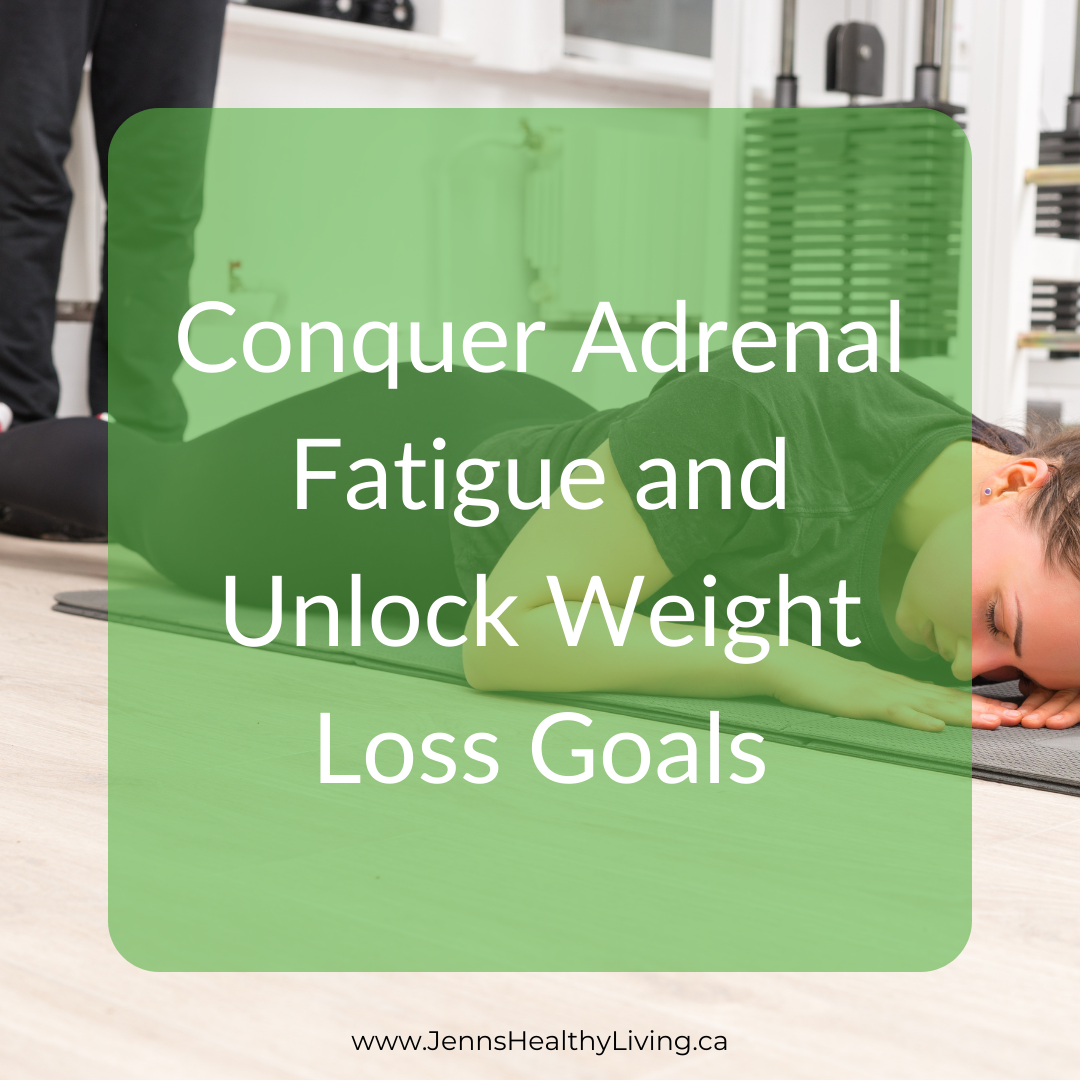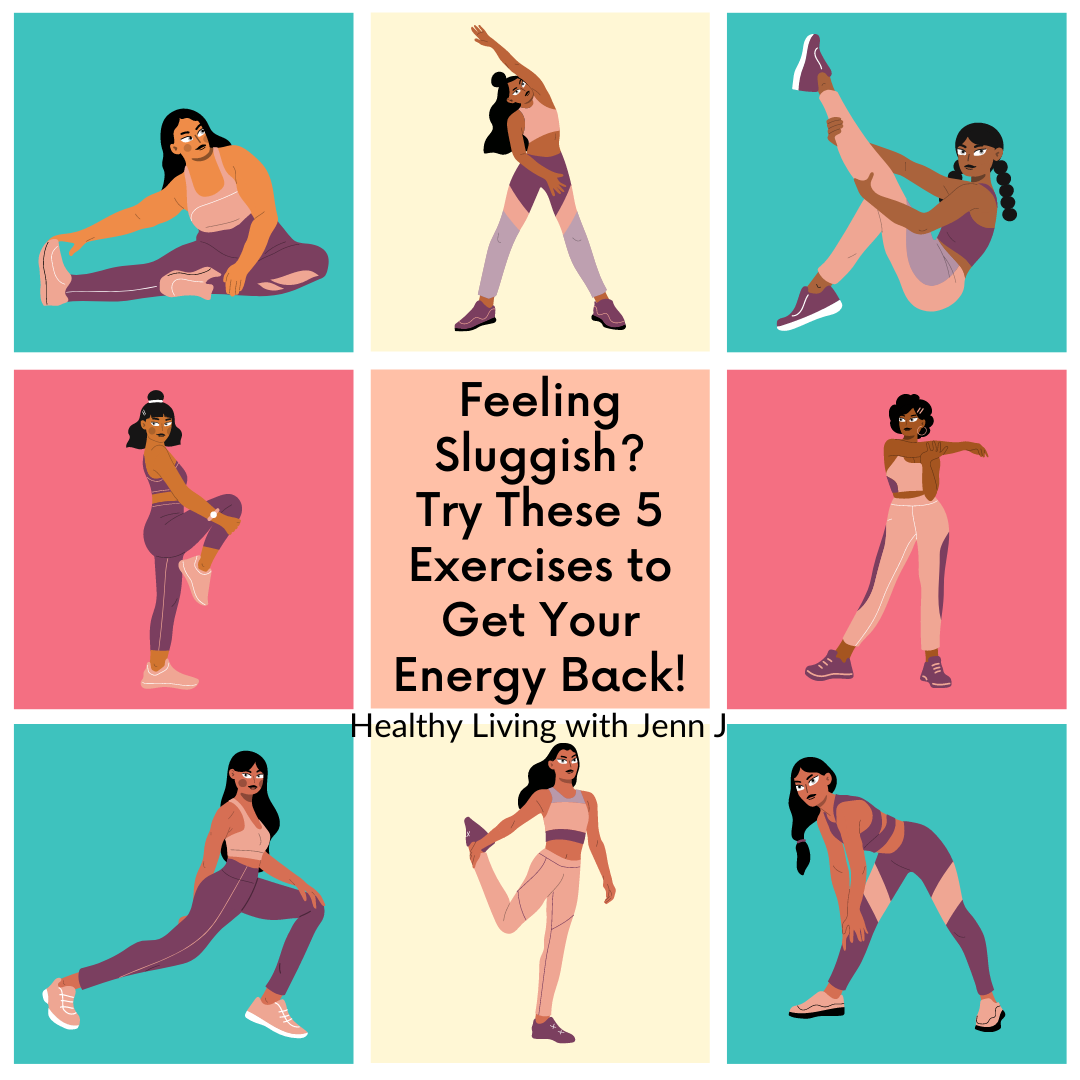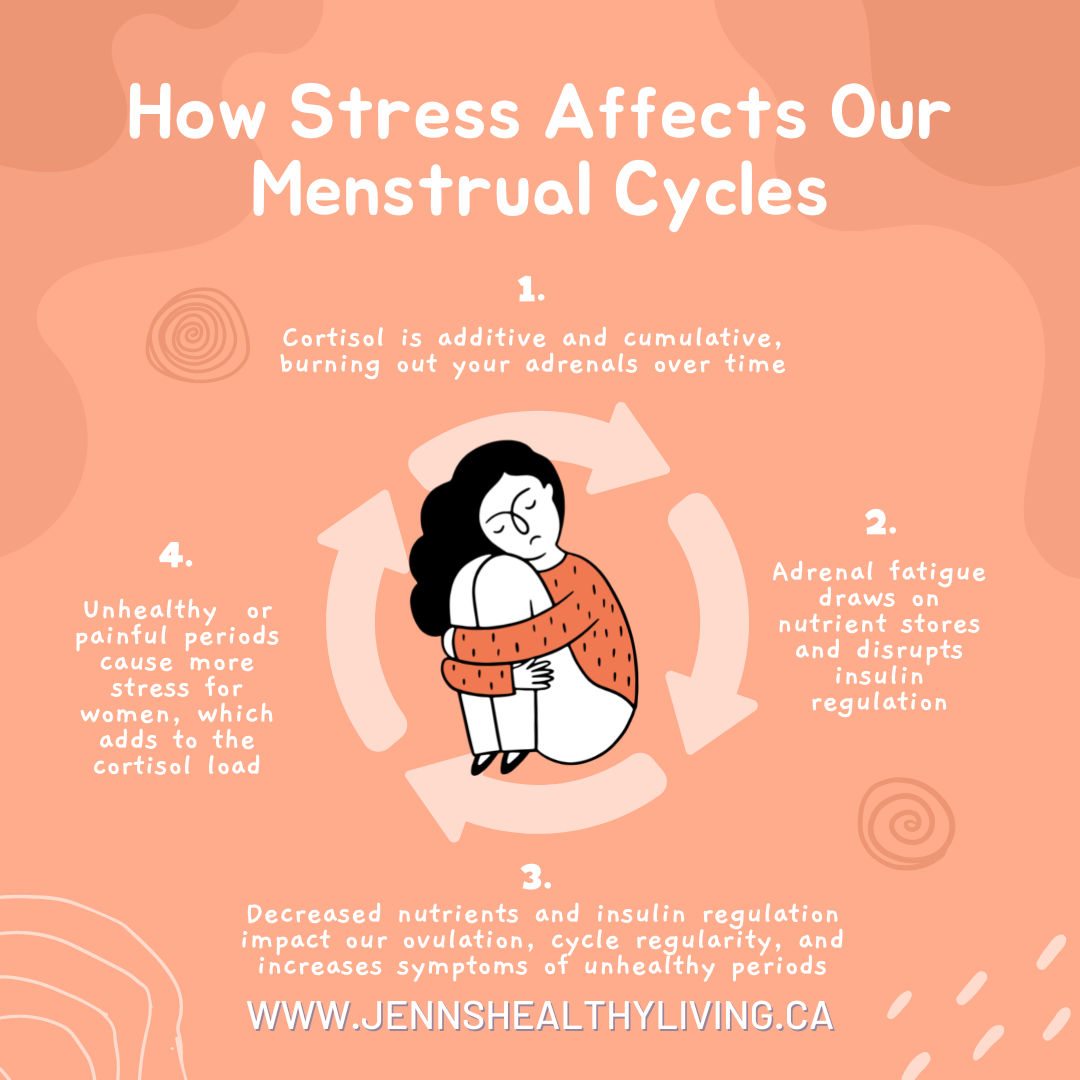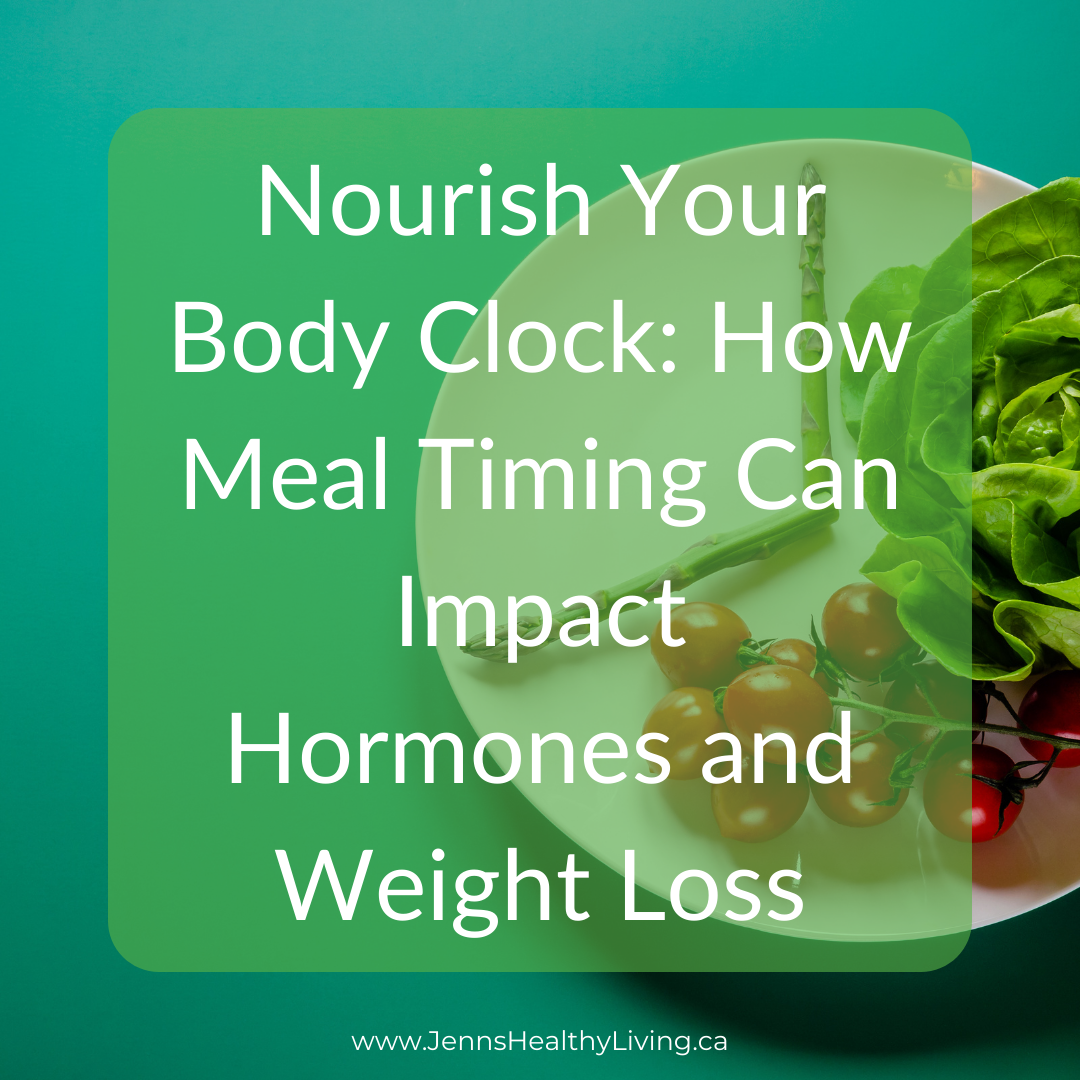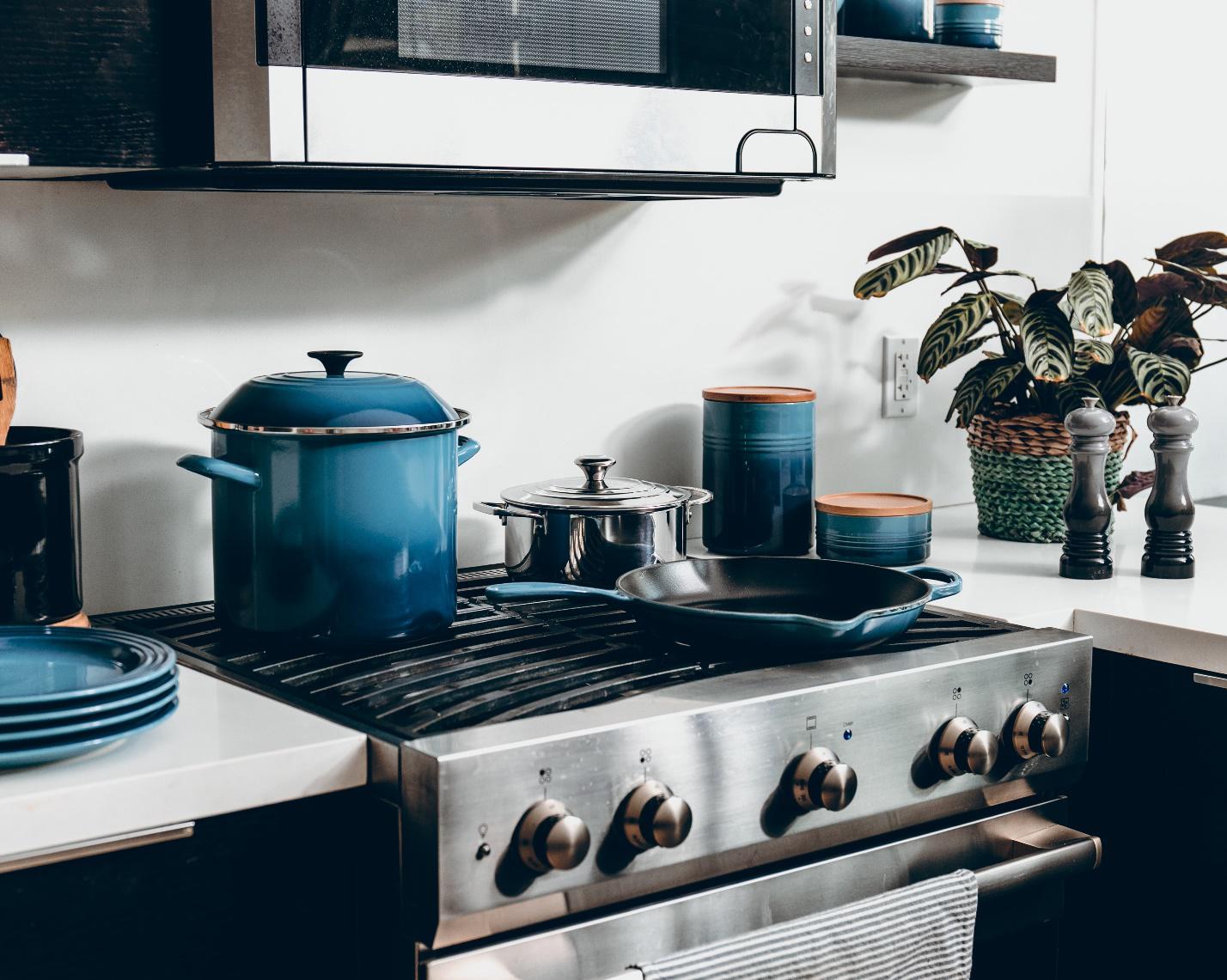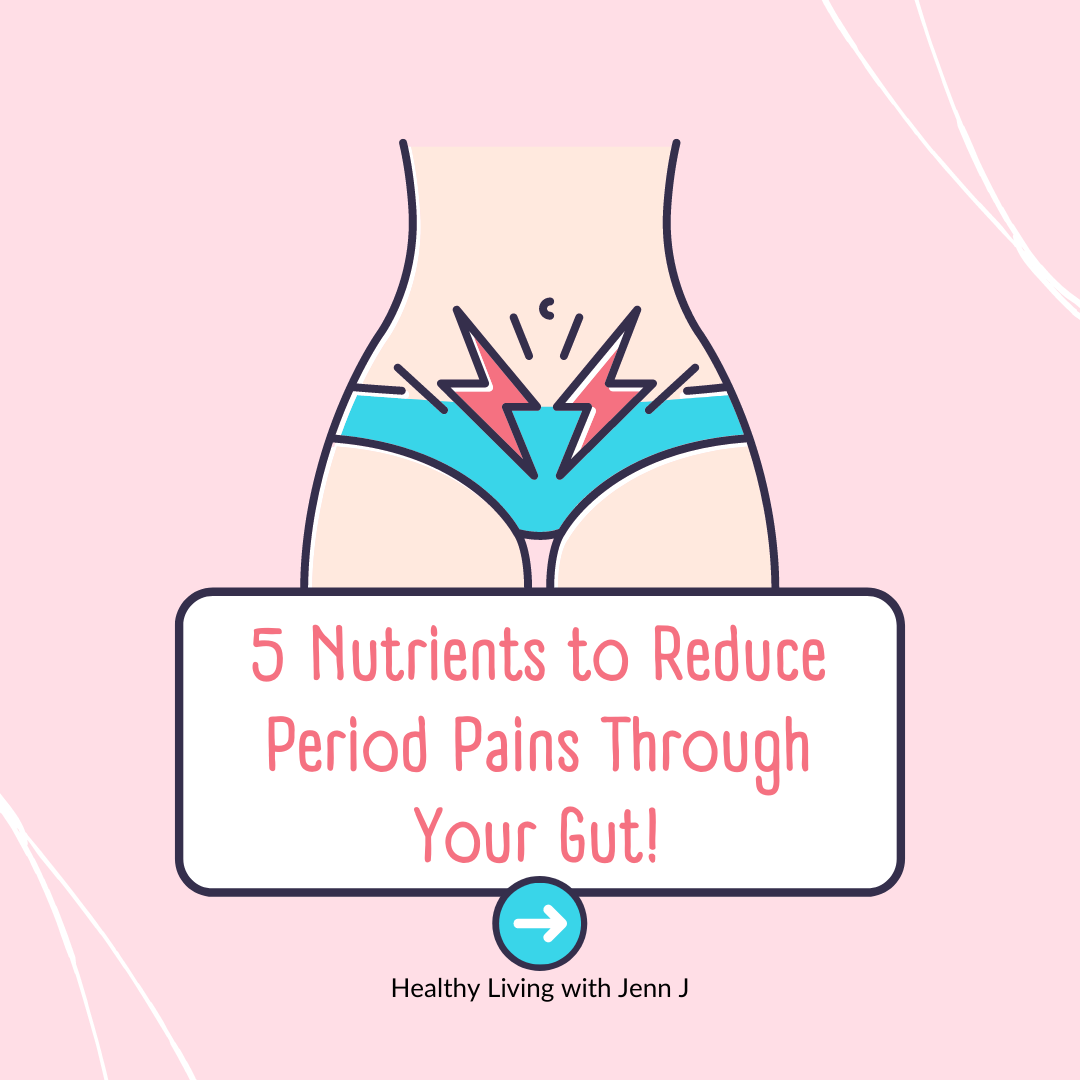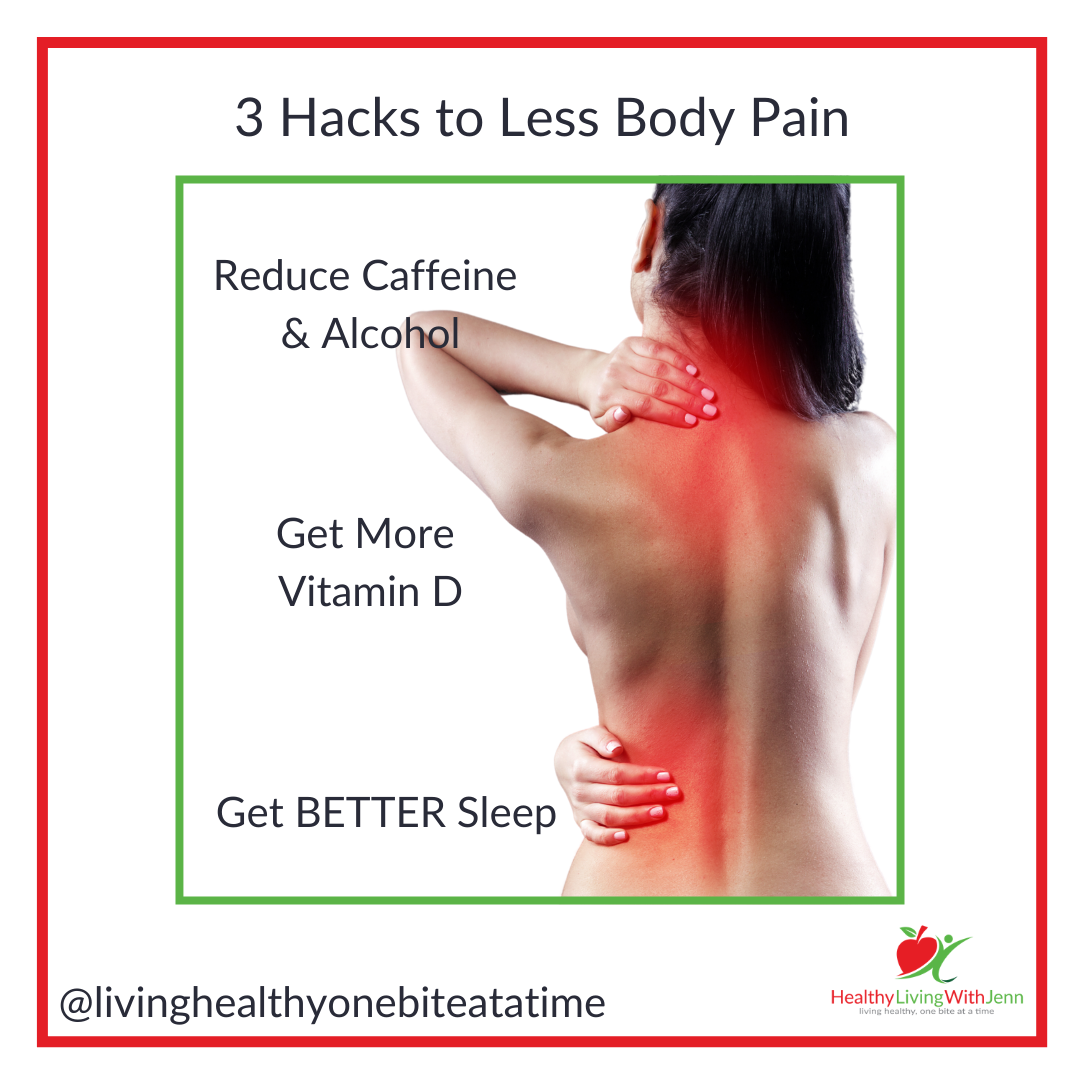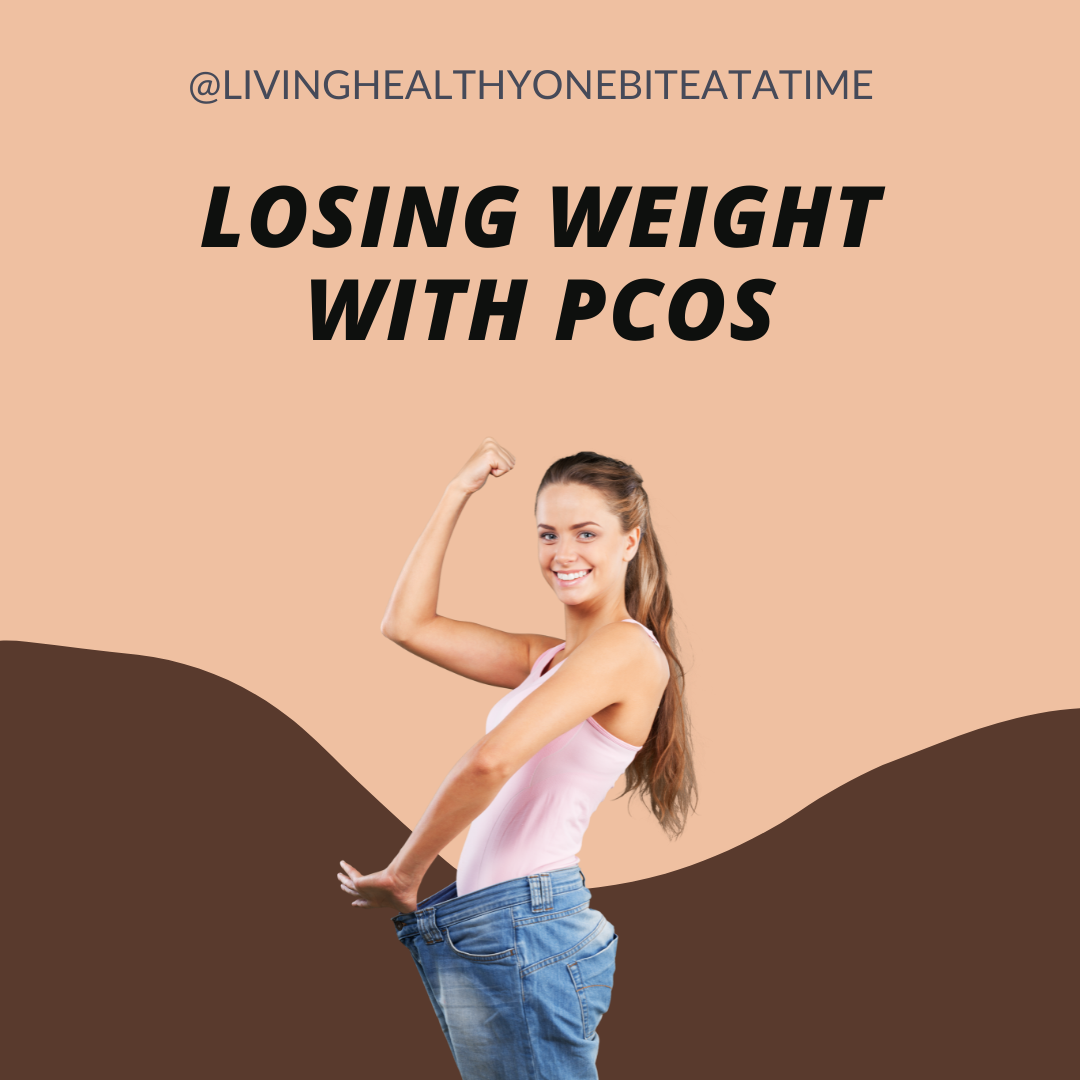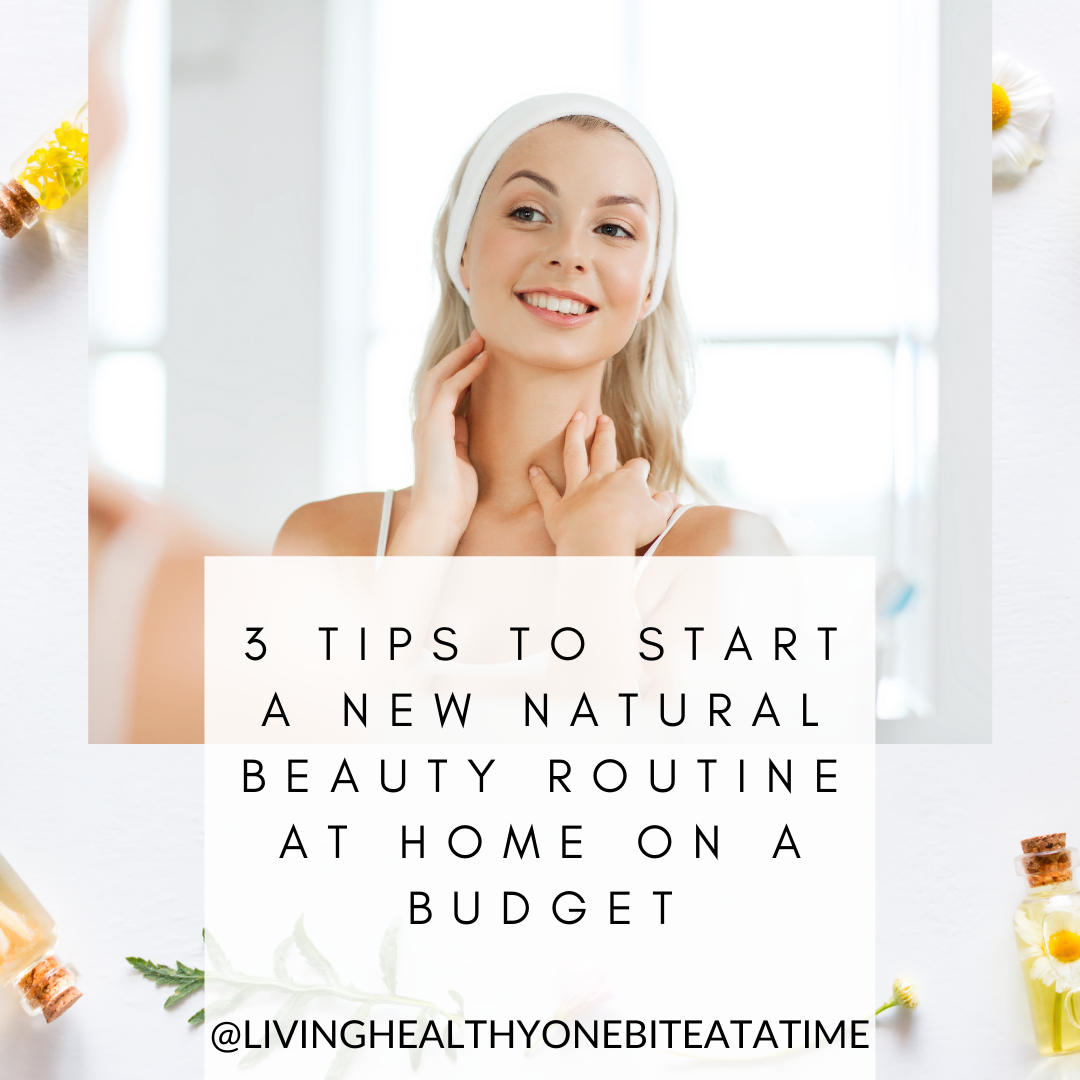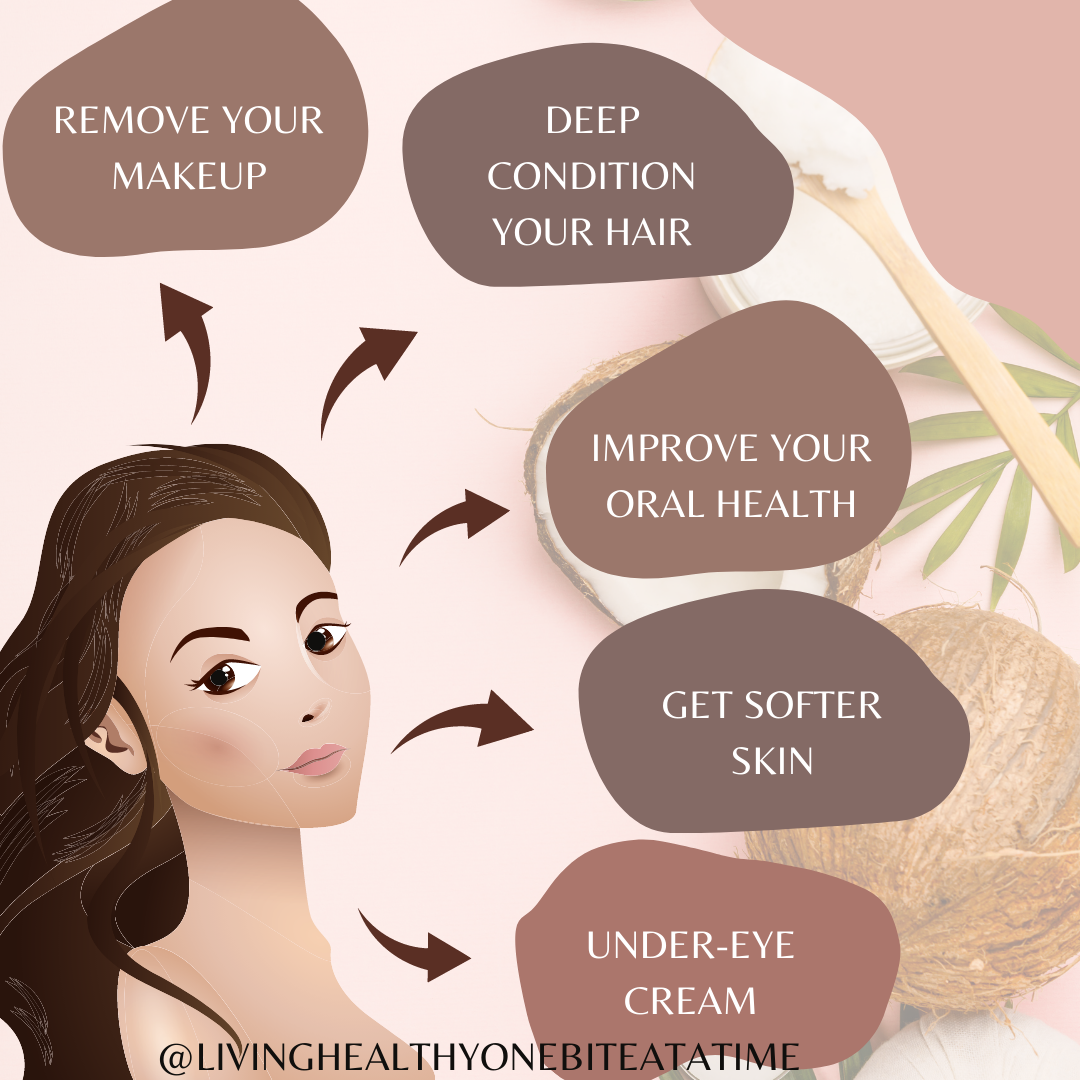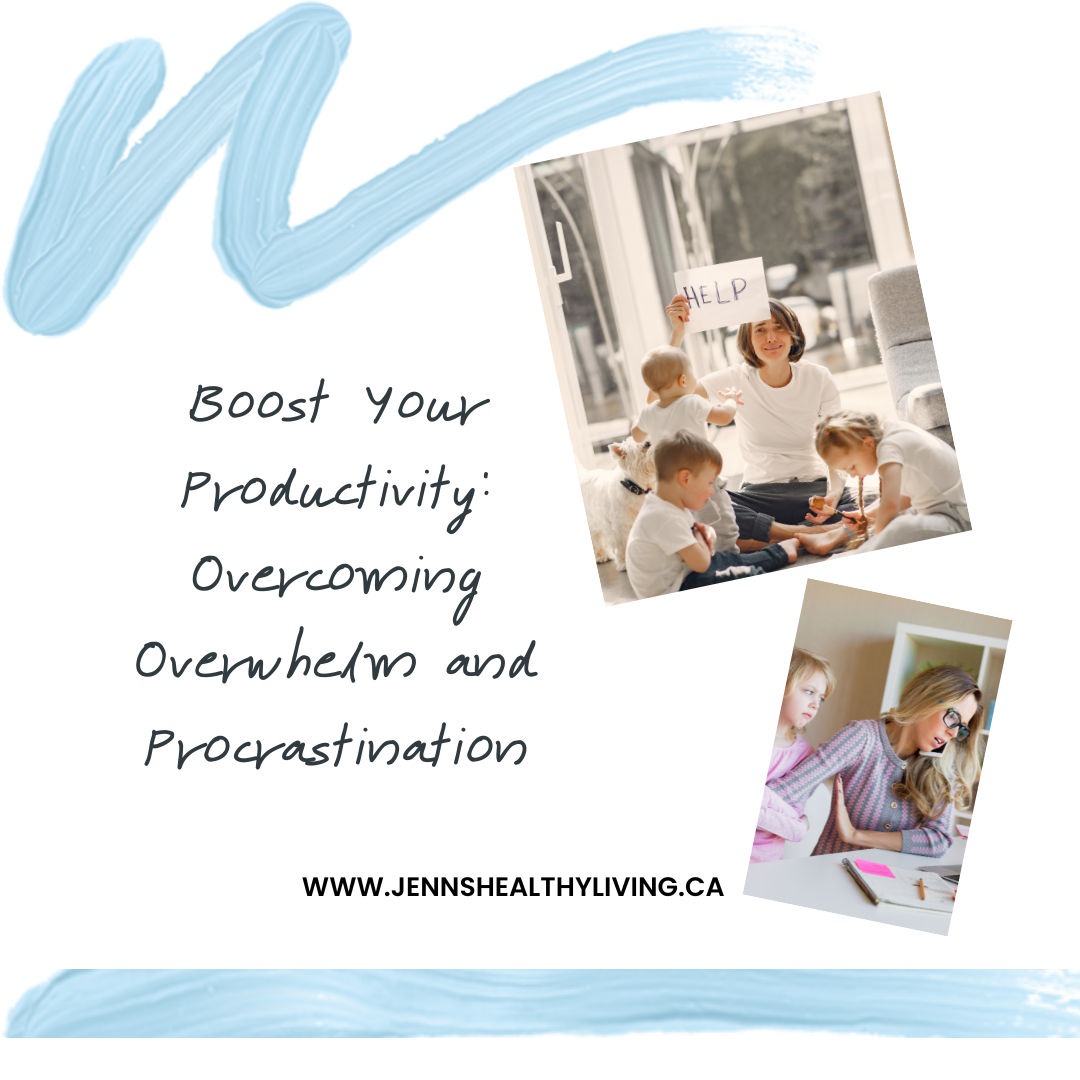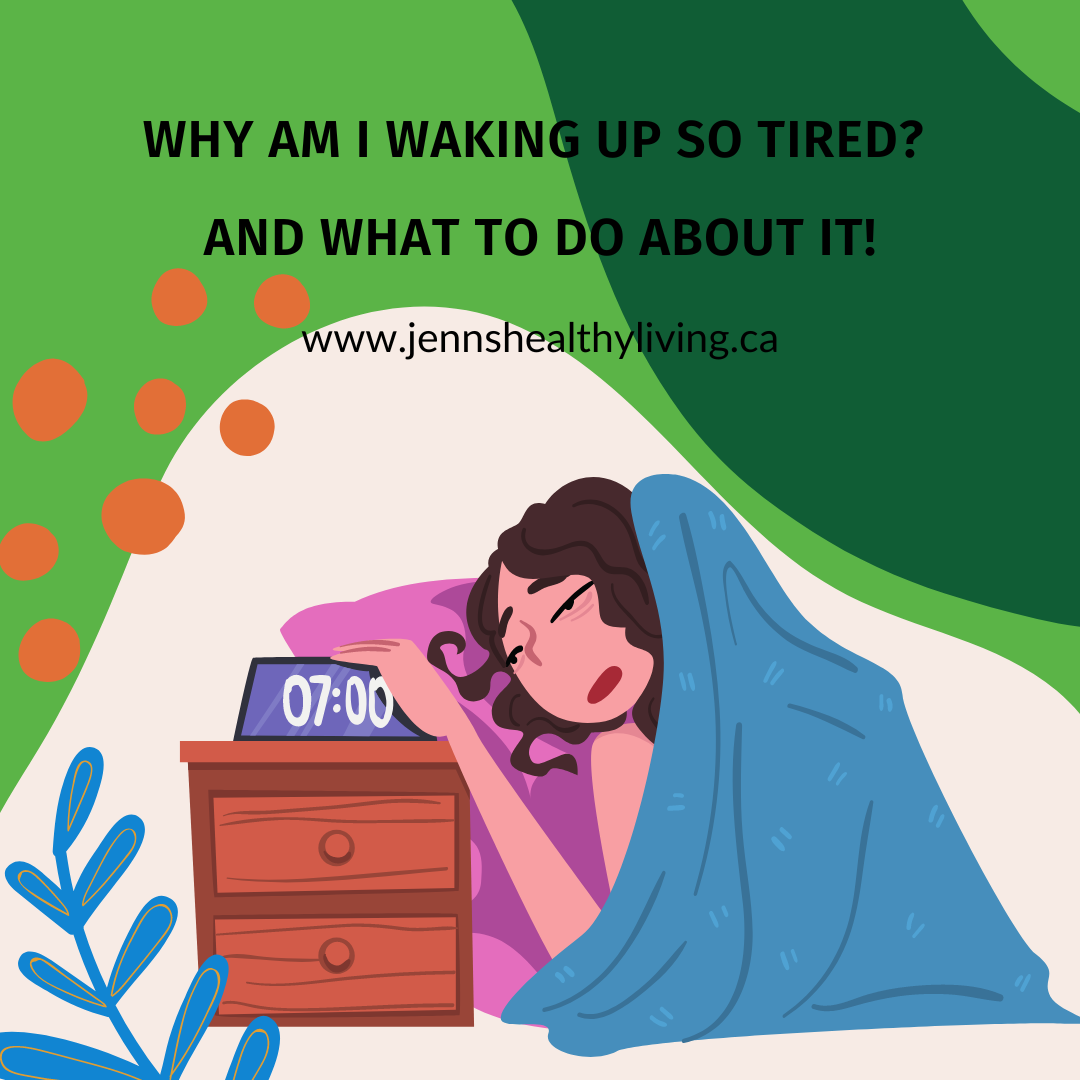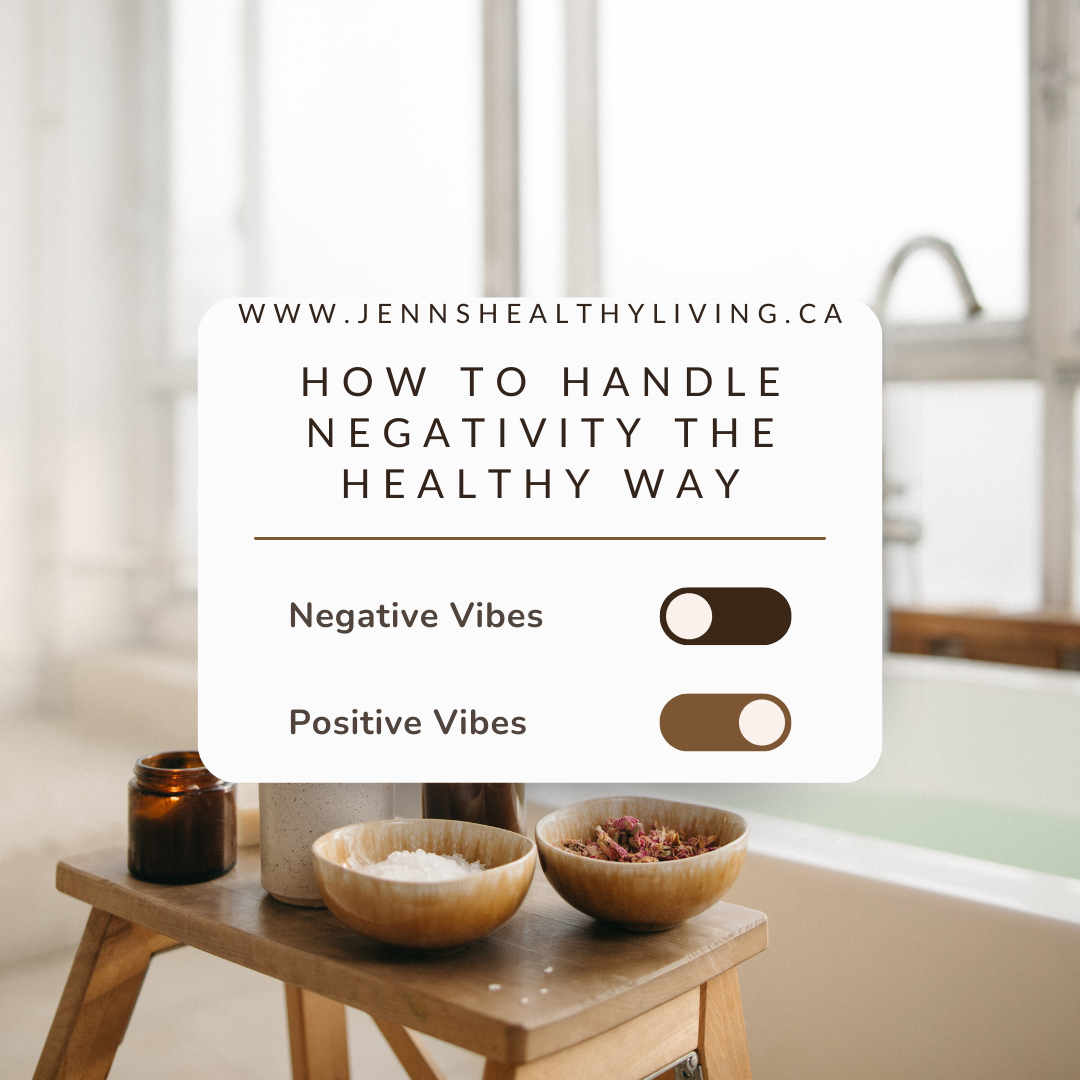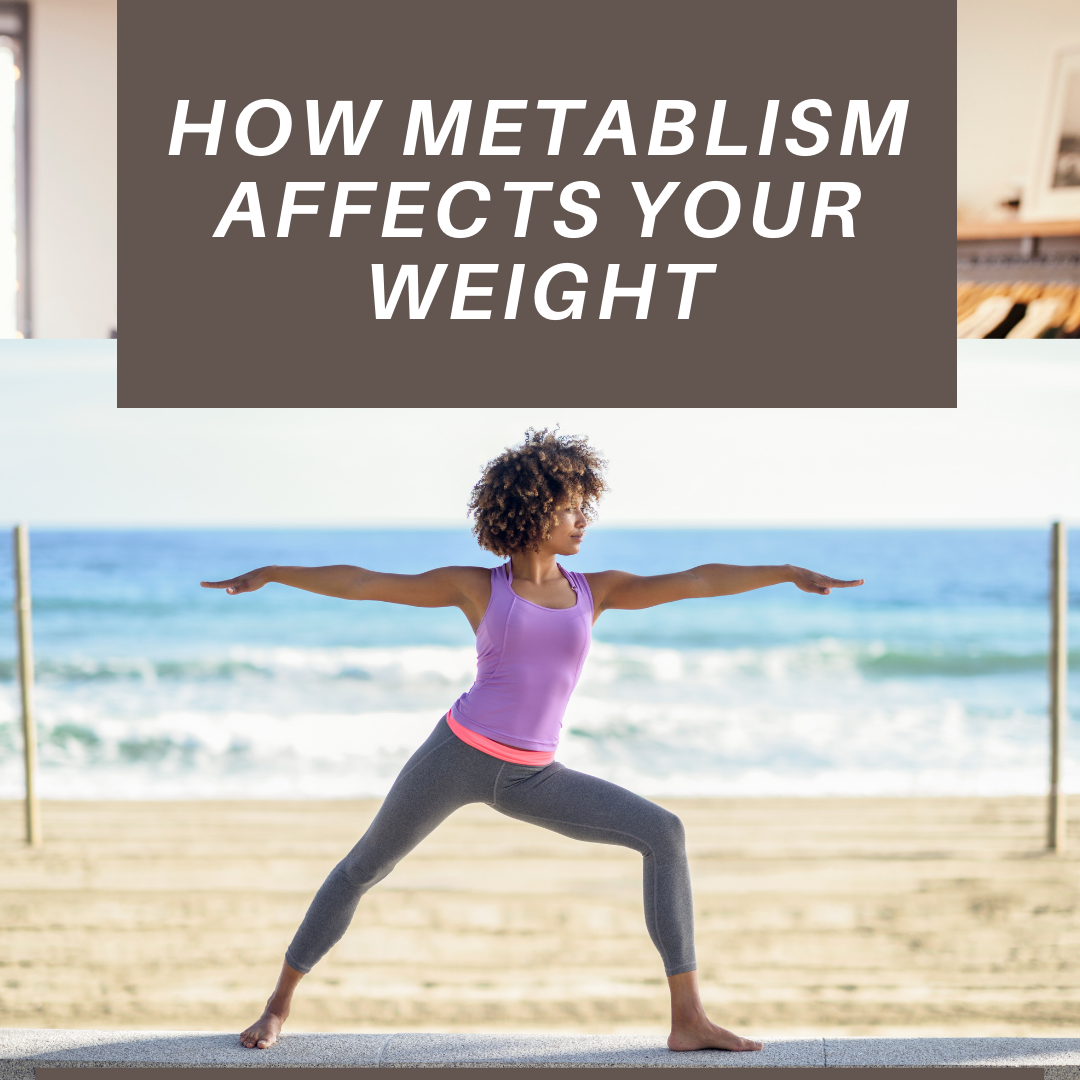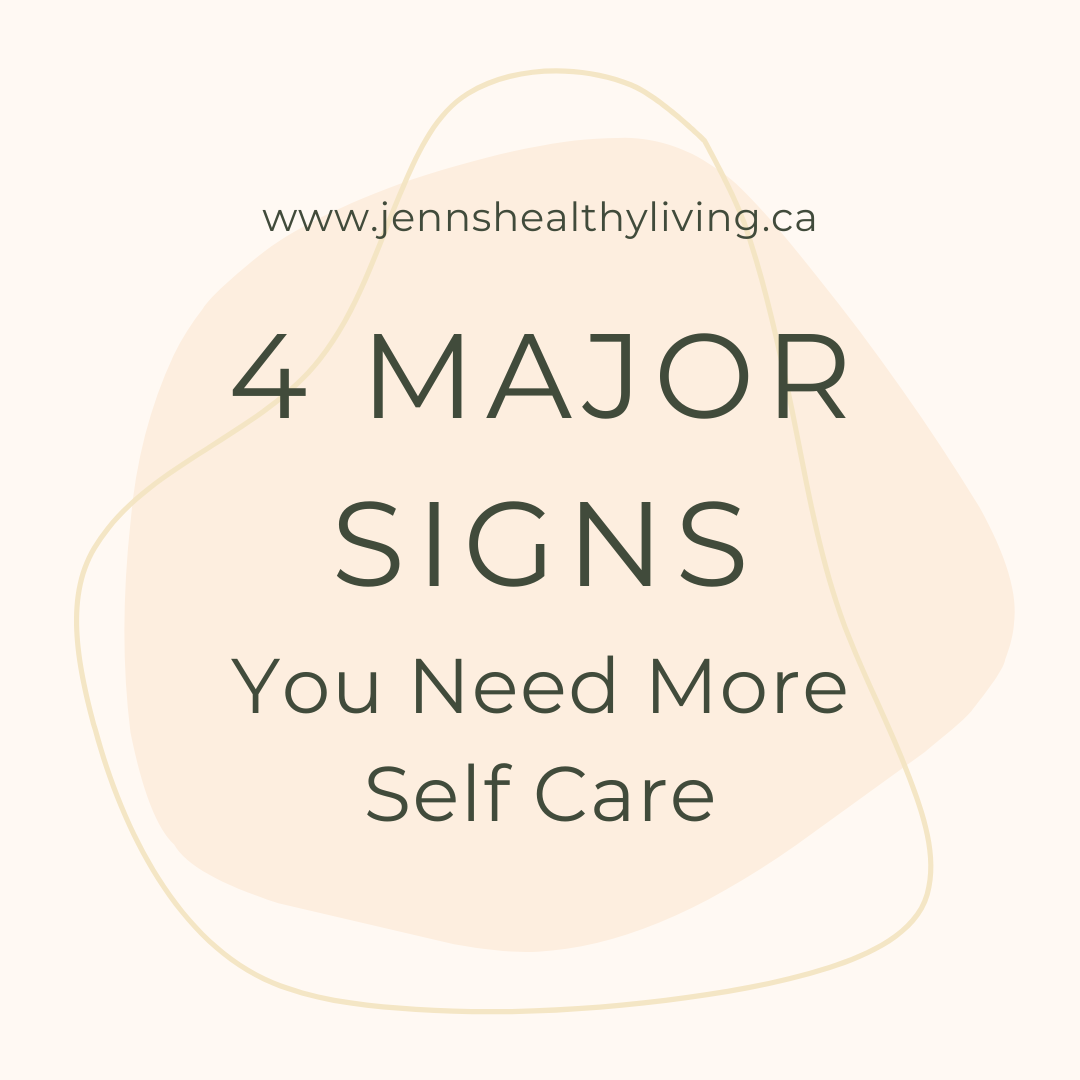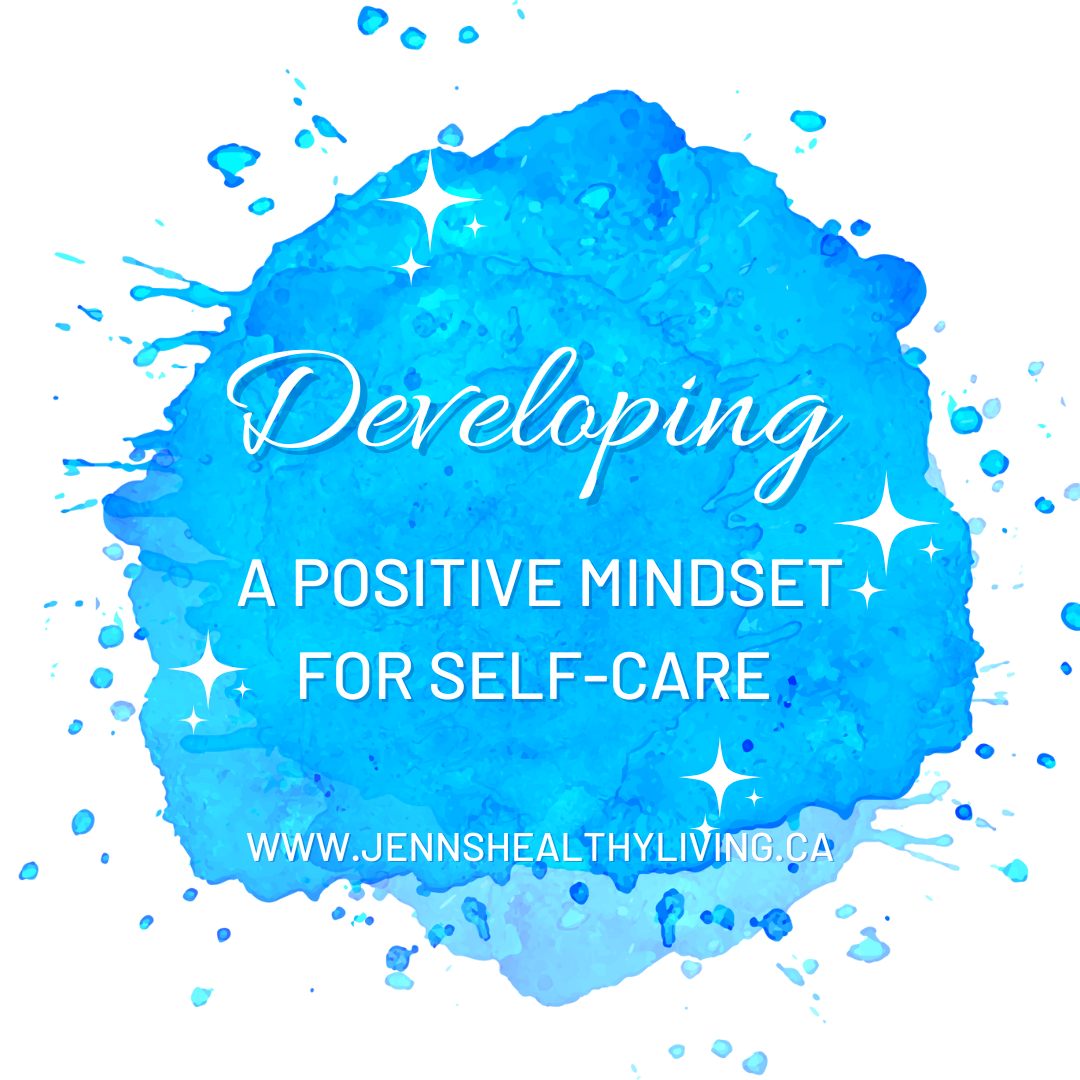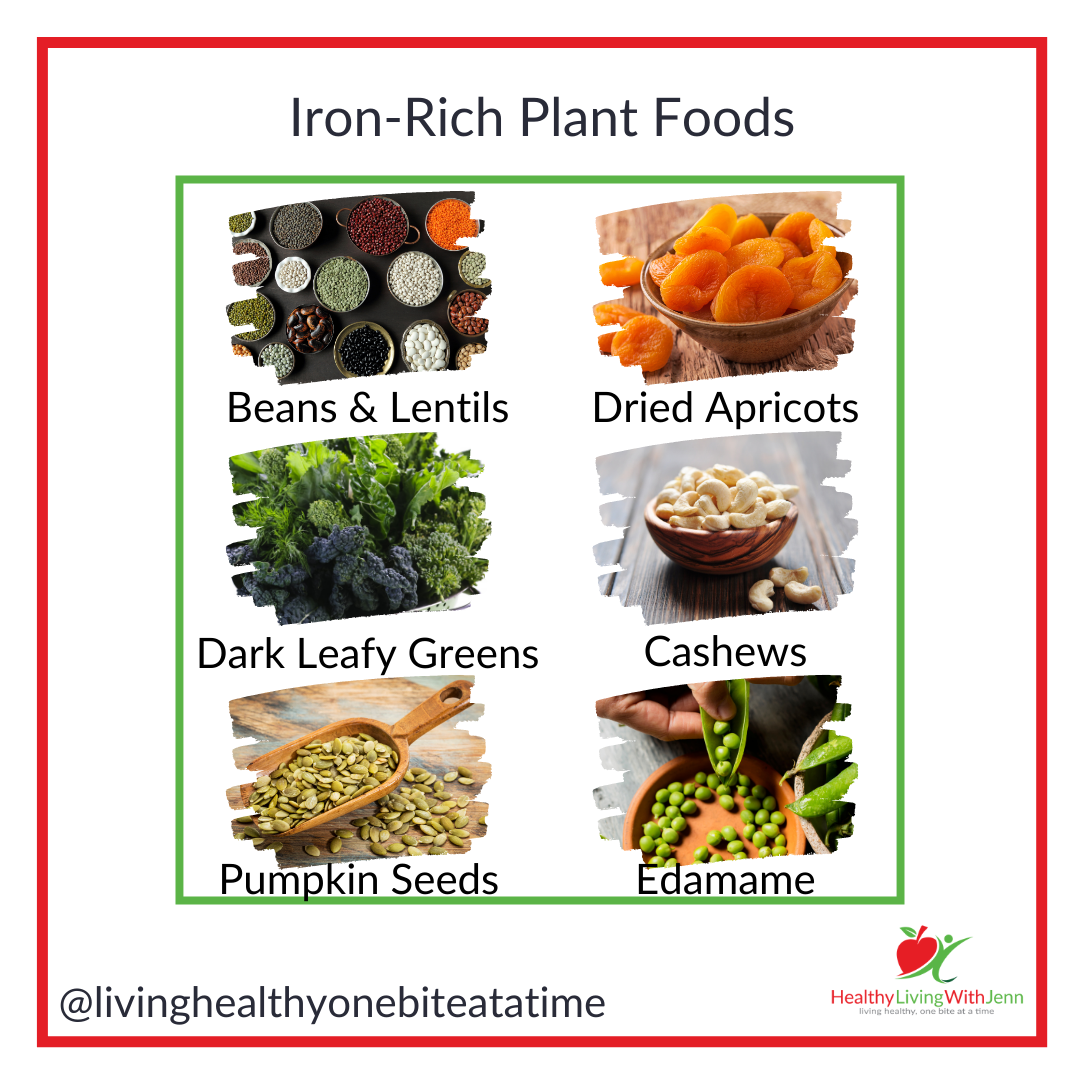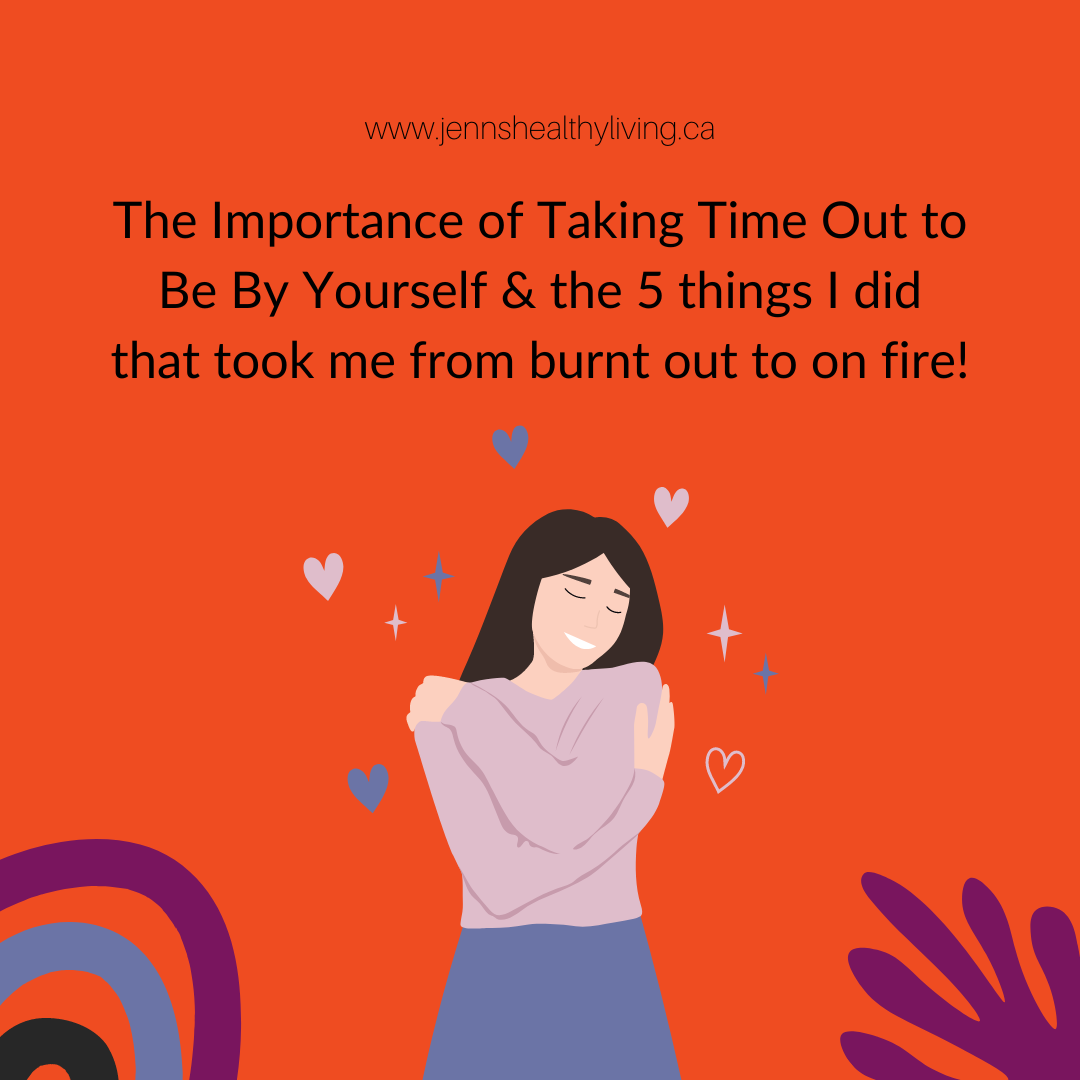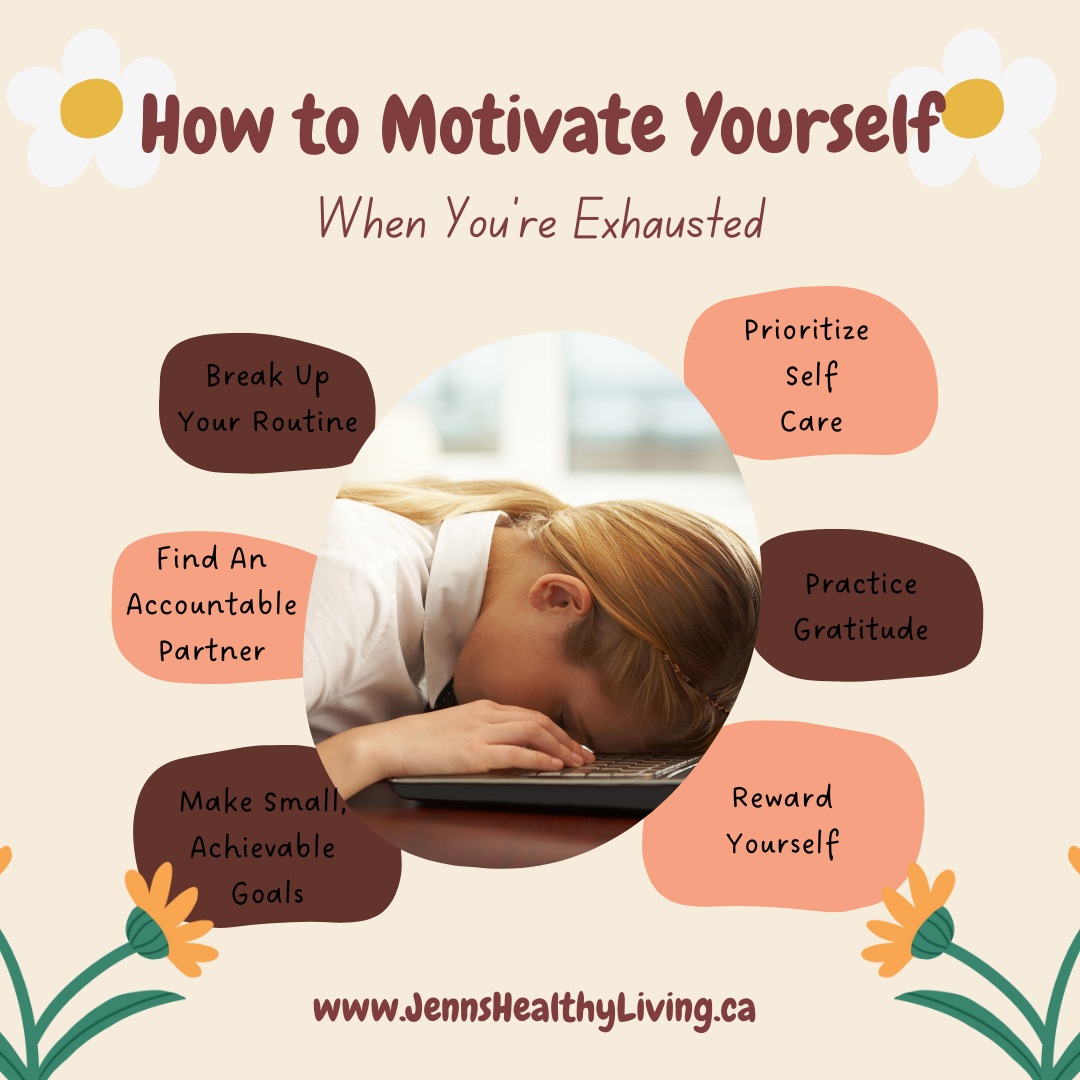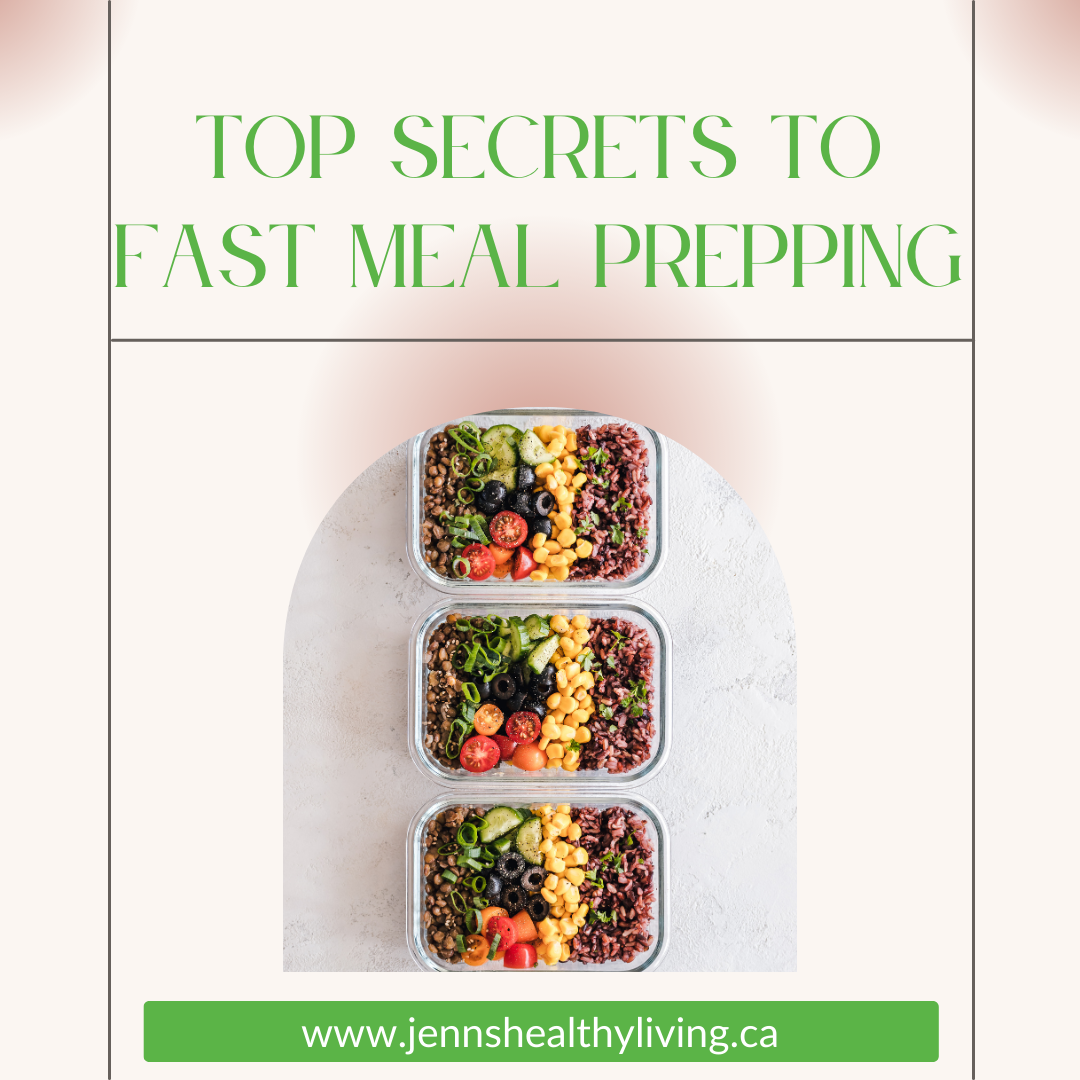How To Create a Stress-Reducing Habit
When You Have No Time!
Stress - we deal with it on a regular basis and hear about it all the time. It’s in the news. We read about it in magazines and see it talked about online. Your doctor may have even talked with you about managing your stress, but is it really such a big deal?
What is stress anyway? The Miriam Webster dictionary defines stress as a “physical, chemical or emotional factor that causes bodily or mental tension and may be a factor in disease causation.”
I was actually pleasantly surprised to find that this definition included the less obvious result of stress, which can, in fact, be disease. Not that I’m happy about stress-causing disease, but I think most people don’t realize the huge impact it can have on our health. The definition went on to show examples of using the word ‘stress’ in a sentence that was also appropriate for this blog today - “Hormones are released into the body in response to emotional stress.”
Here’s What Happens in Your Body with Stress…
“When you encounter a perceived threat - a large dog barks at you during your morning walk, for instance - your hypothalamus, a tiny region at the base of your brain, sets off an alarm system in your body. Through a combination of nerve and hormonal signals, this system prompts your adrenal glands, located atop your kidneys, to release a surge of hormones, including adrenaline and cortisol.
Adrenaline increases your heart rate, elevates your blood pressure, and boosts energy supplies. Cortisol, the primary stress hormone, increases sugars (glucose) in the bloodstream, enhances your brain's use of glucose, and increases the availability of substances that repair tissues.
Cortisol also curbs functions that would be nonessential or detrimental in a fight-or-flight situation. It alters immune system responses and suppresses the digestive system, the reproductive system, and growth processes. This complex natural alarm system also communicates with regions of your brain that control mood, motivation, and fear.
The long-term activation of the stress-response system - and the subsequent overexposure to cortisol and other stress hormones - can disrupt almost all your body's processes” - Mayo Clinic
So, as you probably guessed, the answer to the question “Is stress really such a big deal?" Is “Yes” - IF you care about your health.
Holding on to stress is a habit that many of us have without even realizing we’re clinging to it. All this stress can pile up in physical aspects causing knots in your neck or back, or it can put a strain on your mental health keeping you from the best parts of life.
Sustained stress can actually lead to reduced immune system function, genetic mutations, hormone imbalances, menstrual dysfunction, sleep disruption, and day-to-day disruptions like lower energy levels, burnout, food cravings, and weight gain.
And let me tell you, I am NO stranger to the damaging effects of stress! The sad part is that because stress is such a contact part of our daily lives, I truly believed that it was normal to always feel stressed and that there was little that I could do to change it.
And the funny (okay, not actually funny, but weird) thing about stress in my life a decade ago was that I used to THRIVE in environments where I was experiencing stress! I could stay up for days at a time, I could get a TON of work done, I could multi-task like nobody's business, and I was sharp as a whip.
I learned the hard way when I experienced complete and utter burnout, total fatigue, painful periods that brought me to my knees, and mood swings that could deaden a room, that this was a coping mechanism brought on by years of compounding stress.
I liked always being busy and used to brag about how little sleep I needed to function, and how productive I could always be...But in the same breath, complain about how much pain I had in my muscles and joints, and how I was frustrated I was from dealing with period problems.
I actually had to teach myself how to slow down AND why it was important to do so.
A simple, healthy habit you can develop that will take the pressure off your mind and body, and DRASTICALLY improve your health, is to develop a stress outlet! This is a simple way to let off steam from any pressure you feel in your daily life and keep it from being a hindrance to your health.
Managing this can be as simple as creating a journaling and meditation habit! Spending time each day putting your feelings into words through journaling gives you a way to look back and see your progress as well as identify any areas within your life that require more attention.
Believe me, I was the person who rolled their eyes and scoffed at anyone who told me to 'take a bubble bath' or to try 'deep breathing', so I can totally understand why you might have some hesitation about what I'm going to share with you.
And I used to 'try' to do these things and felt that they never worked for me, plus, I was WAY too busy to have TIME to do any of that! It seemed like such a waste of time to journal (what would I write about, anyway?) or to meditate (too much going on in my brain to sit there for that long)!
I'm not proud of it, but I had a lot of excuses (useless ones) for why I couldn't make any of it work. It took me a long time to commit to managing my stress and finding a solution that worked for my Type A, fast-paced brain.
When the truth of the matter is that it actually stressed me out to try to fit a new routine into my life.
Imagine that: I was feeling stressed about adding a stress-reducing habit into my life because I didn't think I had the time for these habits!!!
Until I had a much deeper look into my life, where I was spending my time, where my energy was going, and what I was committing to (sometimes without even realizing it).
Now that I've discovered how to find the time to add stress-reducing habits into my life, I shudder to think back on what might have happened if I had continued that way for a few more years!
Now, I sit here, 5 years into this journey of true stress management, and I can't believe how different I feel!
- Real true energy - not bursts of anxiety and motivational pushes
- Proper sleep routines - instead of staying up for days at a time and then crashing
- No more body pains - Fibromyalgia (widespread body pain) is a horrible way to live and is manageable through lifestyle
- Regular periods - consistency is a big deal in my world
- Painless (or barely noticeable pain) periods - not having to FEAR my period has brought me so much internal peace!
I was literally running my body into the ground. And now I see this all of the time in my practice: moms who are over-scheduled, overworked, overwhelmed, highly stressed and burning out.
And they're coming to me with the same problems I was facing so I thought I'd share with you 5 quick and easy ways that you can develop a stress outlet without becoming stressed about creating a new habit!
- Know what stresses you out
- write down all of the things that stress you out or make you feel overwhelmed - you could do this while sitting on the toilet instead of watching TikToks!
- Identify how you feel when you're stressed and even better, in the moments before you feel stressed
- this requires you to take note of how you're feeling in the moment when it's happening
- what do you notice about your body?
- what labels can you put on your emotions?
- where in your body are you feeling 'stress'?
- Figure out what makes you happy, relaxed, or fulfilled
- again, momma, do this while you're sitting on the toilet, laying in bed, nursing baby, or tending to a sick child
- this could be a really easy task or if you've been in the depth of motherhood for quite some time, it may take a few tries for you to answer this
- Evaluate your current schedule and remove items that are time or energy-sucking
- is it really necessary to scroll social media for an hour? Yes, it's numbing and helps you 'unwind' but it's also still not allowing your mind and body to decompress together
- is binge-watching your favourite TV show also necessary? What about doing some yoga while you watch ONE episode and then plan your next day in the time you would usually watch episode 2 or 3.
- Use that time to slide in a few options to take care of yourself
- how much time have you been able to find in your day?
- what activities are you going to do to reduce your stress?
- how much time do those activities need?
- do you need support from anyone in order to make that happen?
- does your spouse need to do bedtime a few nights a week for you to have that time for yourself?
- can waking up 15 minutes before everyone give you that peace and quiet to collect yourself and mentally prepare for the day?
Need some suggestions for meditation - which can be EXTREMELY helpful in reducing stress, but also for helping you complete the above 5 steps?
Here are 5 simple, but highly effective, techniques for meditation:
Walking Meditation: If you don’t like sitting for long periods of time, then walking meditation might just be the thing for you. You will have to focus on your body while moving. While your arms and legs swing, feel them uplift and extend. Feel your feet as they rise and touch the ground while keeping your mind focused on the moment, instead of paying attention to other things.
Breathing Meditation: Get in a comfortable position, close your eyes, and inhale slowly through your nose. Hold your breath for a pause and then exhale it through your mouth again slowly.
Mindfulness Meditation: To practice this one, your mind needs to be present in the right moment. Start by focusing on your breath and continue by feeling other sensations in different parts of your body.
Mantra Meditation: This meditation can be practiced by repeating a sacred word, such as “aum,” in order to bring your mind to a state of focused tranquility. You can repeat the mantra aloud or repeat it silently.
Empty Mind Meditation: This meditation technique allows you to be fully aware without a specific focus. Simply sit in a peaceful place in a good posture and let your thoughts float without passing any judgment on them.
These meditation techniques are simple ways to start your meditation practice or enhance and refocus your existing one.
You can also spend time focusing on avoiding any areas of high stress to keep from being completely overwhelmed. Journaling about these areas of high stress can help you identify any extra stressors that need to be avoided.

